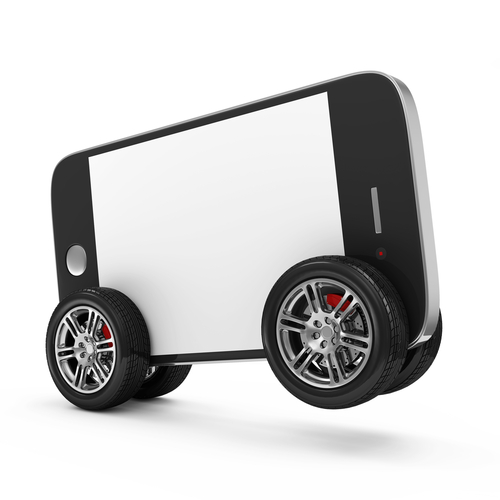Smartphones Helping Us Cut 180 Million Tons of Carbon Emissions

Mobile technology is helping us drastically reduce our C02 emissions, according to a new study from the Carbon Trust. The research, jointly funded by international telephony companies and Global e-Sustainability Initiative (GeSI), claims 180 million tonnes of emissions are saved annually - five times greater than emissions caused by the operations of mobile networks and mobile tech developers.
The study examined 60 carbon-saving mechanisms in 10 different categories, and evaluated a variety of uses for mobile technology, including uses for machine-to-machine and Internet of Things applications.
In an impressive, wide-ranging report, smartphones are shown to have made significant savings in areas like building management, route planning and employee carbon footprints, as an increasing number of workers conduct the majority of their business from home.
Furthermore, the research highlights a number of areas for future emissions reductions. In a survey of 4,000 smartphone users from the USA, UK, Spain, Mexico and South Korea, more than half the respondents said they would be willing to reduce their emissions by using mobile technology to recycle more products and encourage insurers to lower premiums in return for more ecologically sound driving habits. Nearly half said they would be more likely to use public transport if they had an app to tell them when the next bus or train would arrive.
But it’s the emissions savings already being made on a daily basis that is most encouraging. For example, 84% of smartphone users who drive a car regularly use satnav and other GPS apps to reduce congestion and generally plan and execute their trips in a more eco-efficient way; 40% would consider using a self-driving vehicle in the future. Nearly half of respondents said they purchased digital books and newspapers, rather than the more environmentally-costly print versions.
Other carbon-cutting lifestyle changes that a majority of respondents said they would be willing to make include mobile apps that control home heating and cooling (68%) and mobile-accessed public services (63%). Around half said they would cease using cash and credit/debit cards if they could pay for goods with their smartphone, and 63% said they would consult with doctors remotely for non-urgent issues.
The list of eco-efficient applications goes on. But what’s even more exciting is the potential for developing economies to completely bypass high-carbon infrastructures by using mobile technology. For a world facing critical climate change, that would be the most sustainable move we can make.


